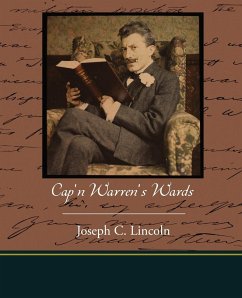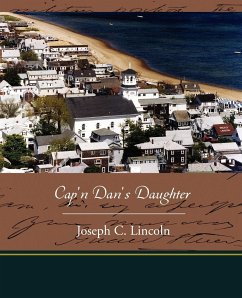Joseph Lincoln was a 20th century writer of short stories, poems, and novels. Lincoln used the fictional town of Cape Cod as the setting for his stories. He believed that his stories should make the reader feel good about themselves and their neighbors. Cap'n Warren's Wards is the first book written by Lincoln not set in Cape Cod. Lincoln has chosen the setting of bustling Manhattan. Elijah Warren finds himself the guardian of his brother's children. The children are getting older but up until this point have not had to face responsibilities. While waiting for their father's inheritance, Cap'n Warren decides its best to toughen his wards up and perhaps teach them some humility in the process.
Hinweis: Dieser Artikel kann nur an eine deutsche Lieferadresse ausgeliefert werden.
Hinweis: Dieser Artikel kann nur an eine deutsche Lieferadresse ausgeliefert werden.








